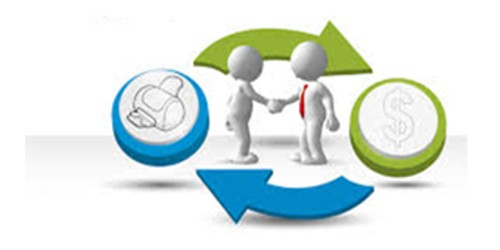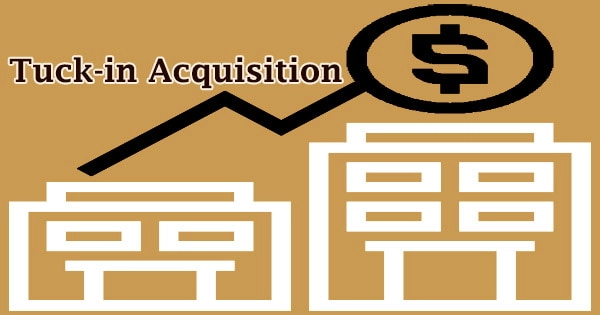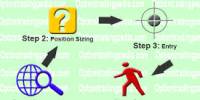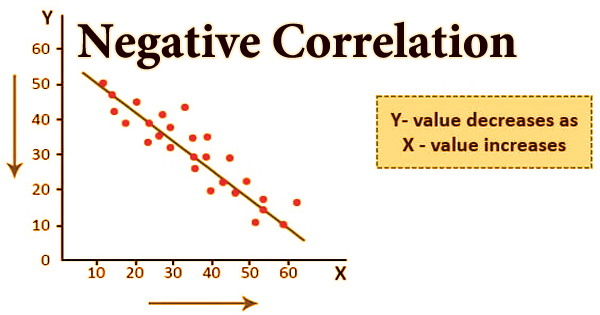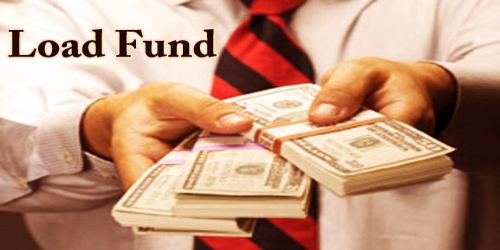The lease is an agreement between two parties whereby one party allows the other to use his/her property for a certain period of time in exchange for a periodic fee. Leasing is becoming a preferred solution to resolve fixed asset requirements vs. purchasing the asset. Leasing is beneficial to both the parties for availing tax benefits or doing tax planning.
Disadvantages of Leasing
Major disadvantages of leasing are as follows:
- Deprived of Ownership
In a leasing arrangement, the lessee does not get the ownership of the asset. it gives only the right to use. As such, the lessee, cannot pledge the asset for securing a loan from financial institutions.
- Lease Expense
Lease payments are treated as expenses rather than as equity payments towards an asset.
- Limited Financial Benefits
If paying lease payments towards land, the business cannot benefit from any appreciation in the value of the land. The long-term lease agreement also remains a burden on the business as the agreement is locked and the expenses for several years are fixed. In a case when the use of asset does not serve the requirement after some years, lease payments become a burden.
- Reduced Return for Equally Holders
Given that lease expenses reduce the net income without any appreciation in value, it means limited returns or reduced returns for an equity shareholder. In such a case, the objective of wealth maximization for shareholders is not achieved.
- Debt
Although lease doesn’t appear on the balance sheet of a company, investors still consider long-term lease as debt and adjust their valuation of a business to include leases.
- Limited Access to other Loans
Given that investors treat long-term leases as debt, it might become difficult for a business to tap capital markets and raise further loans or other forms of debt from the market.
- Processing and Documentation
Overall, to enter into a lease agreement is a complex process and requires thorough documentation and proper examination of an asset being leased.
- No Ownership
At the end of the leasing period, the lessee doesn’t end up becoming the owner of the asset though quite a good sum of payment is being done over the years towards the asset.
- Maintenance of the Asset
The lessee remains responsible for the maintenance and proper operation of the asset being leased.
- Limited Tax Benefit
For a new start-up, the tax expense is likely to be minimal. In these circumstances, there is no added tax advantage that can be derived from leasing expenses.
- Deprived of the Asset in Case of Default
In case the lessee makes default in rental payment, the lessor is entitled to take over the asset and the lessee has no right to prevent him from doing so.
Information Source:
